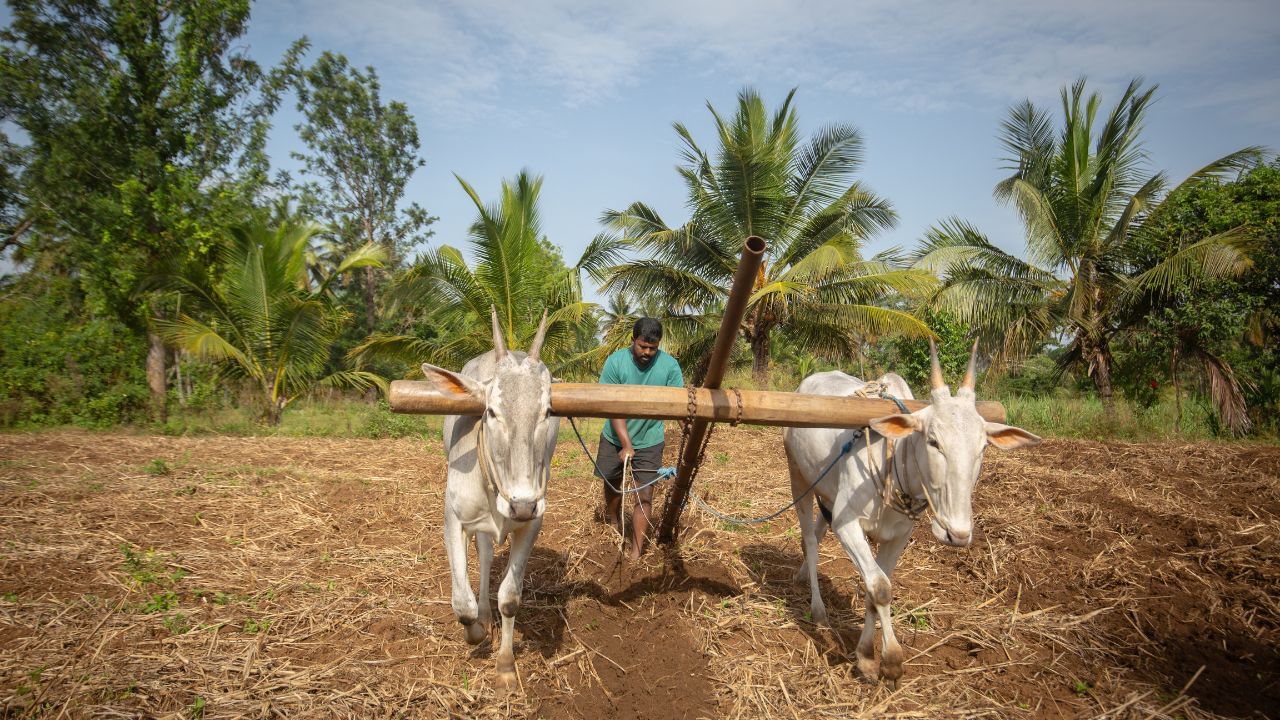New Delhi: Millets, popularly known as Shree Anna, are a group of small-grained cereals valued for their exceptional nutrition and adaptability. The United Nations had declared the year 2023 as ‘International Year of Millets’. The UN thus recognised the importance of the grain for food and nutritional security. Millets are rich in protein, vitamins and minerals and are naturally gluten free. They have a low glycaemic index, making them suitable for people with diabetes and celiac disease.
India largest producer of millets in the world
Currently India is the largest producer of millets in the world. It contributes 38.4% of the global production of the grain. Millets are an important part of the nation’s food basket, due to their ability to grow with minimal inputs and withstand climatic variations. This has also made them a sustainable choice for farmers.
As of July 2025, India has achieved a total millet production of 180.15 lakh tonnes in 2024–25, which is 4.43 lakh tonnes higher than the previous year. This steady rise reflects the country’s focused efforts to promote millet cultivation across diverse agro-climatic regions.
Government support for millet production
The government has consistently strengthened the budgetary and policy framework for promoting millets. The support comes in all fields of production, export and research. The National Food Security and Nutrition Mission supports millet production.
To support the production of millets the Department of Agriculture and Farmers Welfare is running a Sub-Mission on Nutri-Cereals comprising sorghum (Jowar), pearl millet (Bajra), finger millet (Ragi/Mandua) and small millets viz; little millet (Kutki), kodo millet (Kodo), barnyard millet (Sawa/Jhangora), foxtail millet (Kangni/Kakun), proso millet (Cheena) under the National Food Security Mission. This initiative is operational in 28 states and 2 Union Territories of the country.
The states can also use the Pradhan Mantri Rashtriya Krishi Vikas Yojana according to their needs and priorities and improve millet production. Apart from this, the Nutri-Cereals Sub-Mission provides support to farmers. This scheme is implemented through states and Union Territories.
Apart from this the Pradhan Mantri Formalisation of Micro Food Processing Enterprises (PM–FME) scheme provides targeted support to micro food processing units, including those dealing with millet-based products. This scheme got an allocation of Rs 2,000 crore for the year 2025-26.
The government also introduced production linked incentive schemes for millet-based products. This was to promote use of millets in branded Ready‑to‑Eat (RTE) and Ready‑to‑Cook (RTC) products. The government also wanted to encourage value addition in millet-based food items by supporting their manufacture for both domestic and export markets through this scheme and connect millet growers with food processors by boosting production demand for the grain.
India produced a total of 180.15 lakh tonnes of millets in 2024–25. This was an increase of 4.43 lakh tonnes compared to the previous year.
